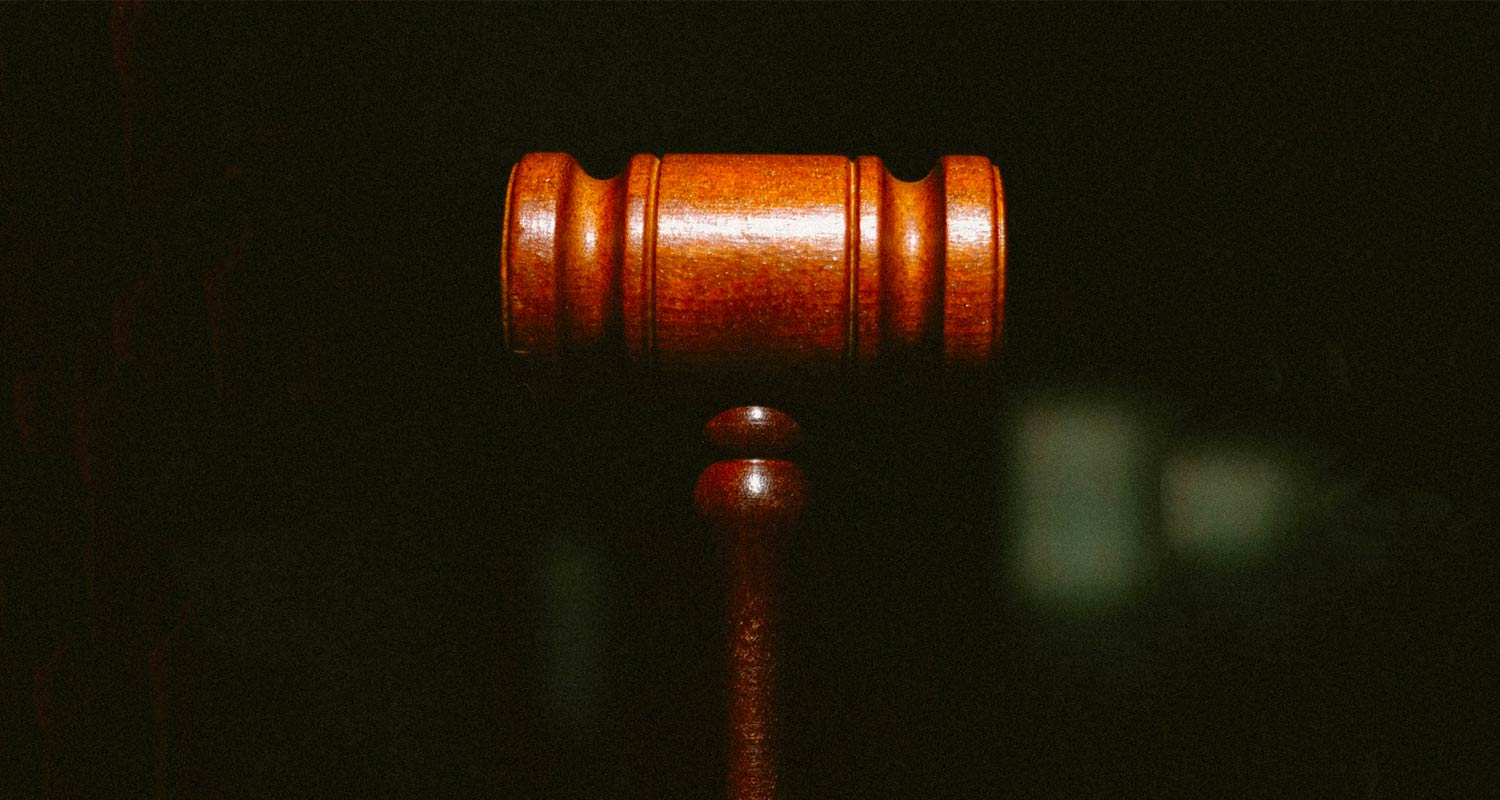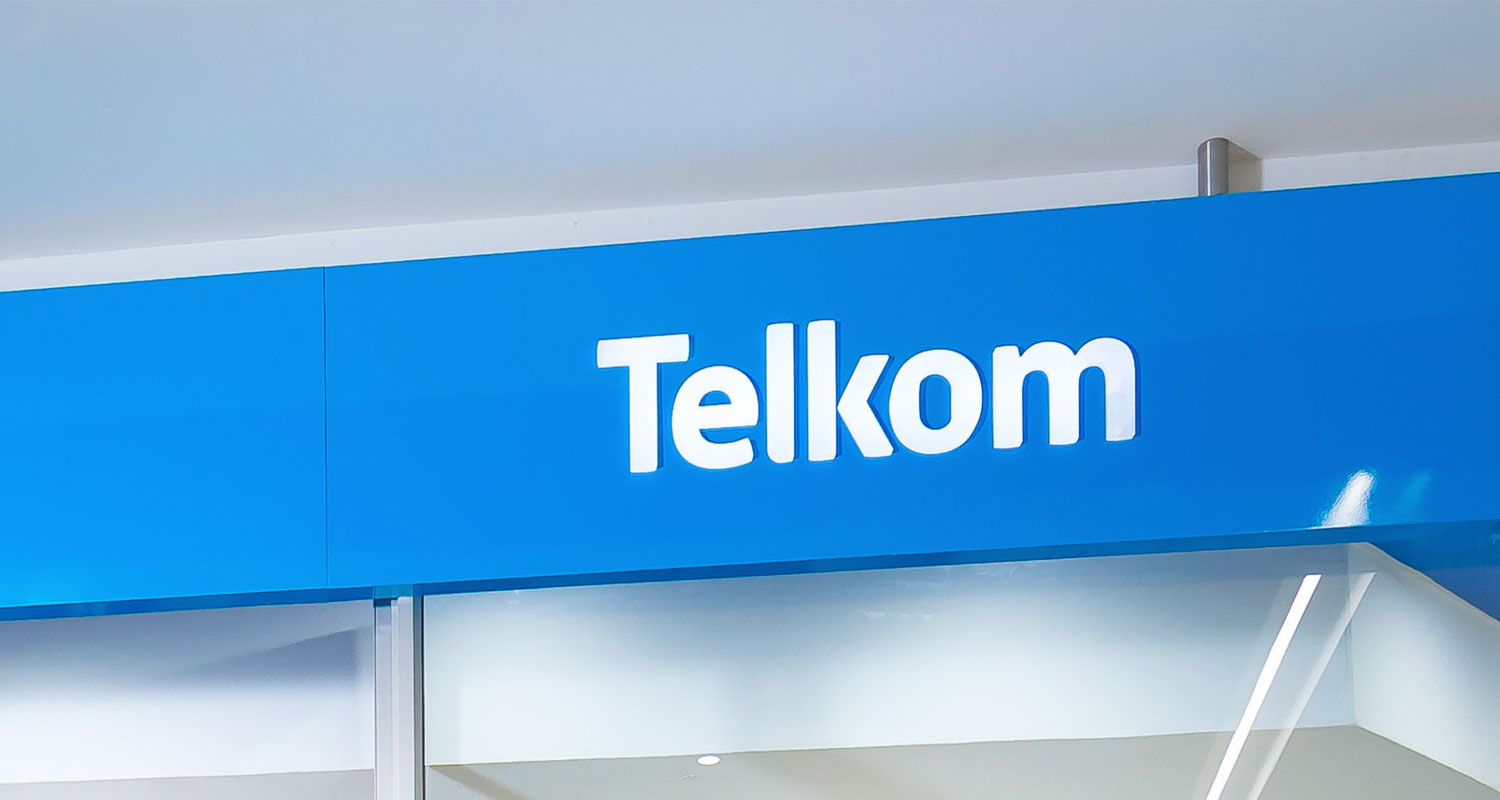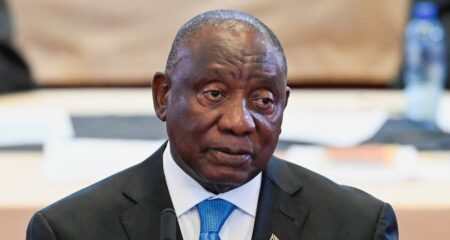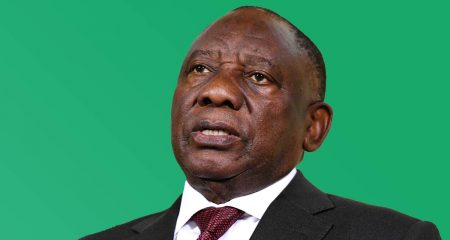 The Special Investigating Unit (SIU) has filed for leave to appeal a high court judgment in favour of Telkom that set aside a proclamation that required the unit to probe various dealing at Telkom going back more than 17 years.
The Special Investigating Unit (SIU) has filed for leave to appeal a high court judgment in favour of Telkom that set aside a proclamation that required the unit to probe various dealing at Telkom going back more than 17 years.
Last month, the high court ruled that investigations into allegations of serious maladministration, malpractice and possible corruption in the affairs of Telkom were unconstitutional, invalid and of no force or effect. This came 18 months after President Cyril Ramaphosa directed the SIU to launch the investigation.
The court found that Telkom is not a state-owned company, and therefore the SIU could not investigate the allegations.
But after consulting with its legal team, the SIU said on Monday: “There is reason for an appeal. The court needs to give a fuller picture of what constitutes a state institution as this can set a legal precedent over which institutions the SIU can exercise its powers.
“It is important that the issue of a ‘state institution’ must be decided and settled. If this is not clarified, it may create an unwelcome precedent that some public institutions may inadvertently be shielded from investigation by the SIU,” the unit said.
Ramaphosa’s proclamation ordered the SIU to probe various dealings that took place at Telkom going as far back as June 2006, among them an aborted foray into Nigeria that is estimated to have cost the company more than R10-billion.
Read: Court sends Ramaphosa packing over Telkom probe
The president directed the specialised anti-corruption agency to investigate “serious maladministration in connection with the affairs of Telkom” as well as improper or unlawful conduct by employees or agents of the company. Among other things, the SIU was to investigate the unlawful appropriation of expenditure of public money.
SIU terms of reference
The president said the SIU must investigate:
- Maladministration in the affairs of Telkom in relation to the sale or disposal of Multi-Links; Telecommunications, a company it acquired in Nigeria in 2006 that subsequently failed, and iWayAfrica and Africa Online Mauritius;
- The procurement of telegraph services (telex and telegrams); and
- Advisory services in respect of the broadband and mobile strategy of Telkom and payment made in a manner that was not fair, equitable, transparent or cost-effective, or contrary to applicable legislation or national treasury or Telkom rules.
It’s not clear what prompted the president to order the investigation, many years after the fact. However, it came as tensions mounted between government and Telkom over the licensing of radio frequency spectrum. The spectrum impasse has since been resolved.
“The allegations in the proclamation had already been addressed by the company through Telkom’s corporate governance processes and the outcomes are of public record,” said group CEO Serame Taukobong last month after the high court judgment against the president.
 Telkom said it approached the court because it “left unchallenged, the proclamation would set a dangerous precedent on the role of the state in private enterprise”. The court found the decision to issue the proclamation was “unconstitutional, invalid and of no force or effect”.
Telkom said it approached the court because it “left unchallenged, the proclamation would set a dangerous precedent on the role of the state in private enterprise”. The court found the decision to issue the proclamation was “unconstitutional, invalid and of no force or effect”.
“Telkom consistently upholds the principles of good corporate governance. It is unfortunate that Telkom needed to approach the courts on this matter, and we hope that this judgment brings it to finality,” Taukobong said. – © 2023 NewsCentral Media




